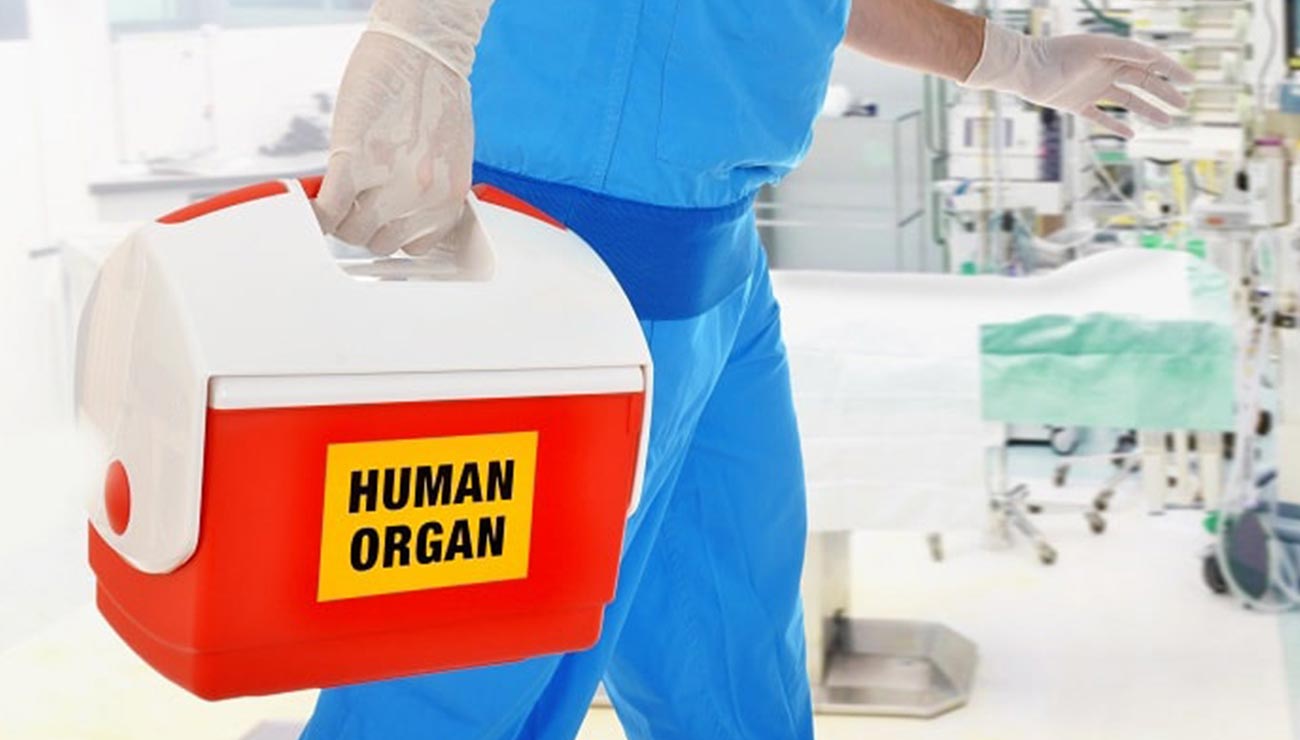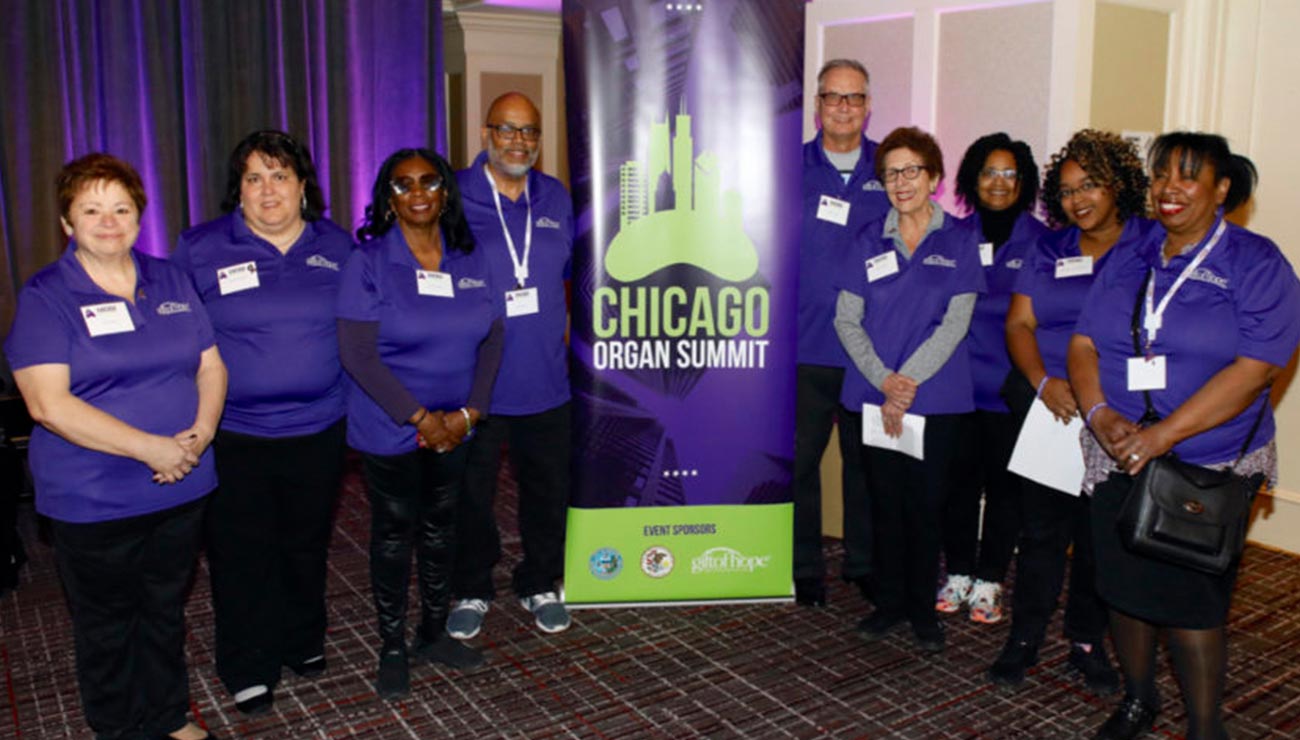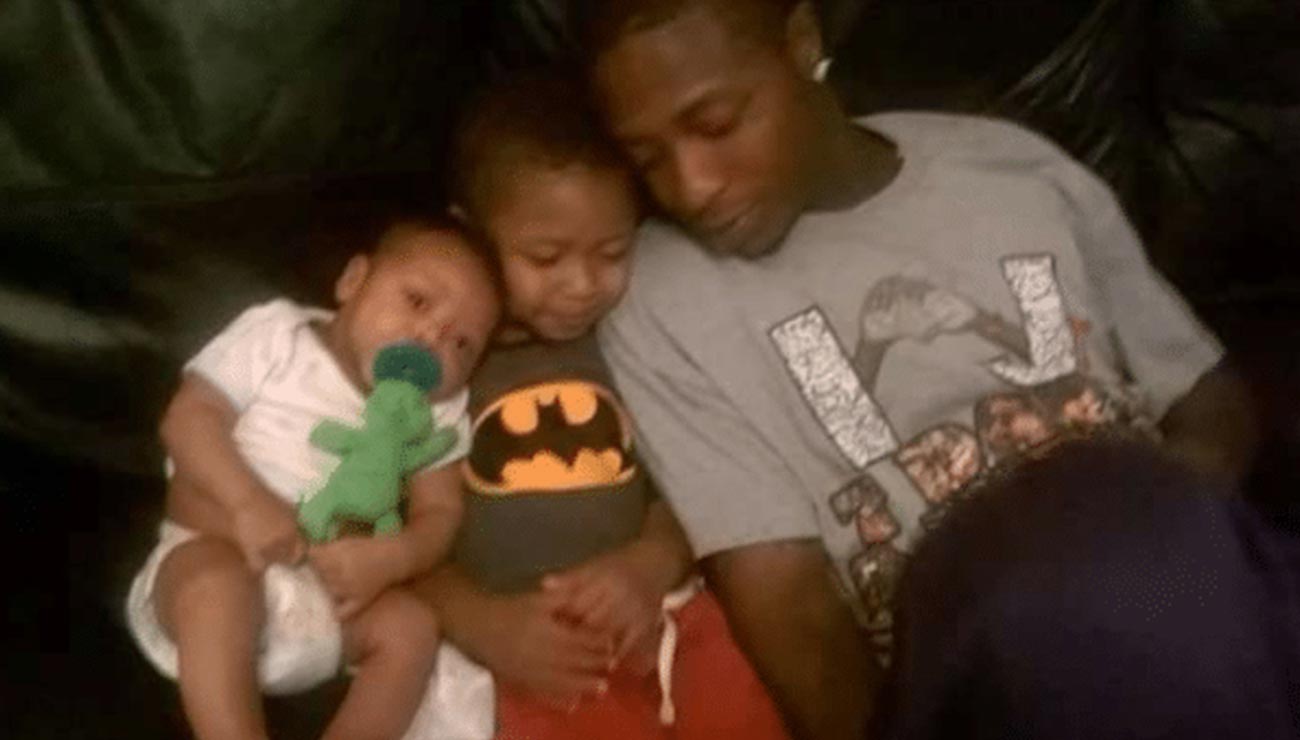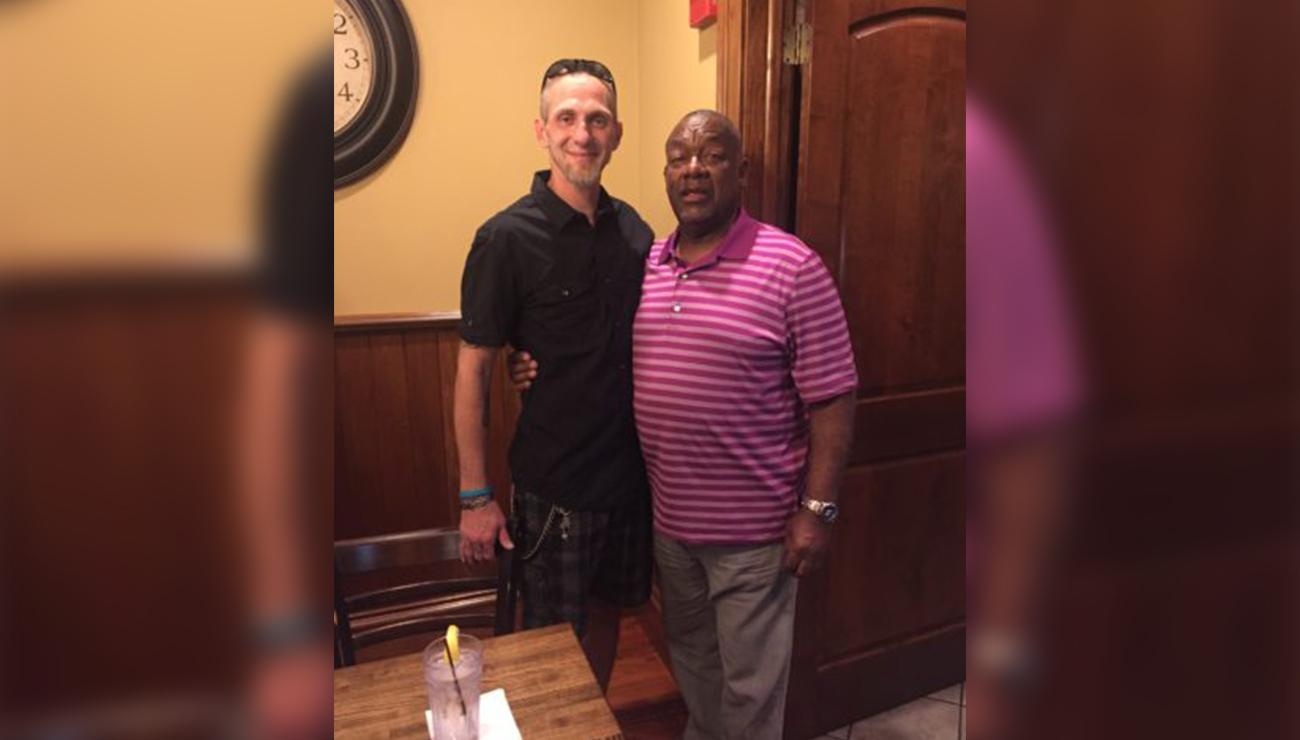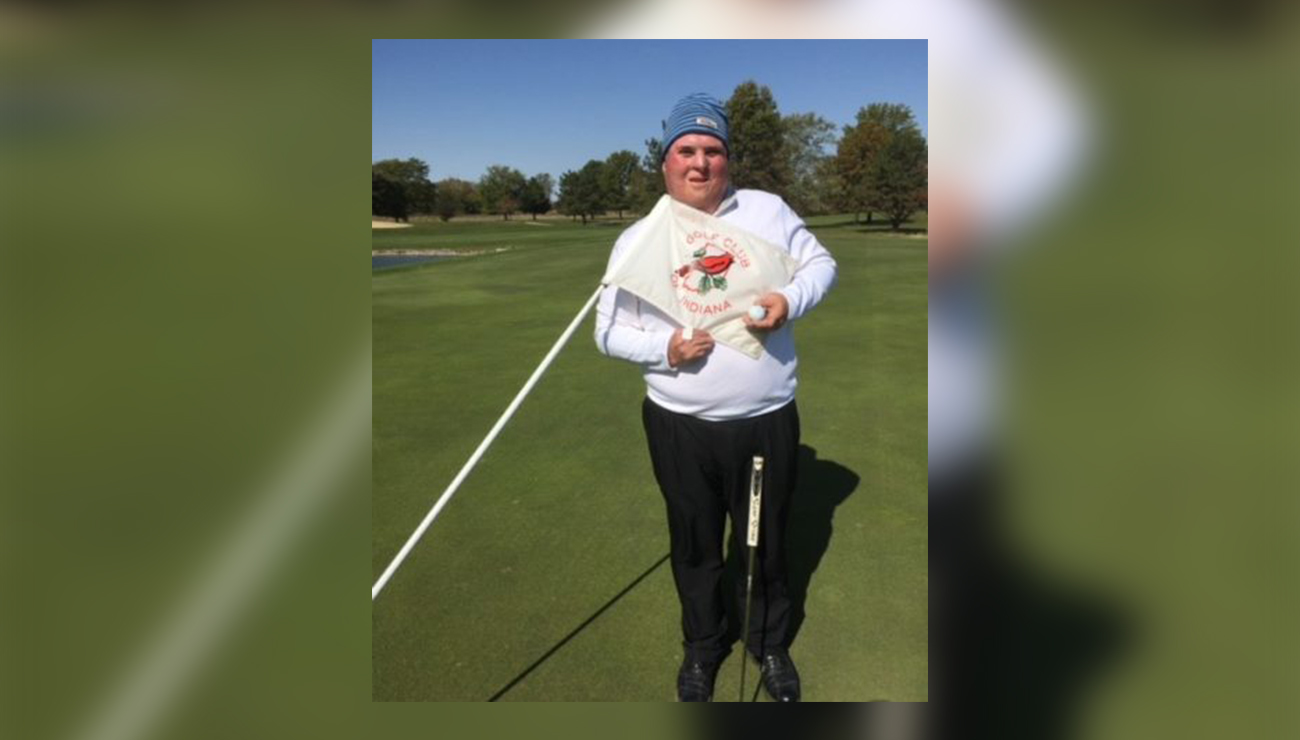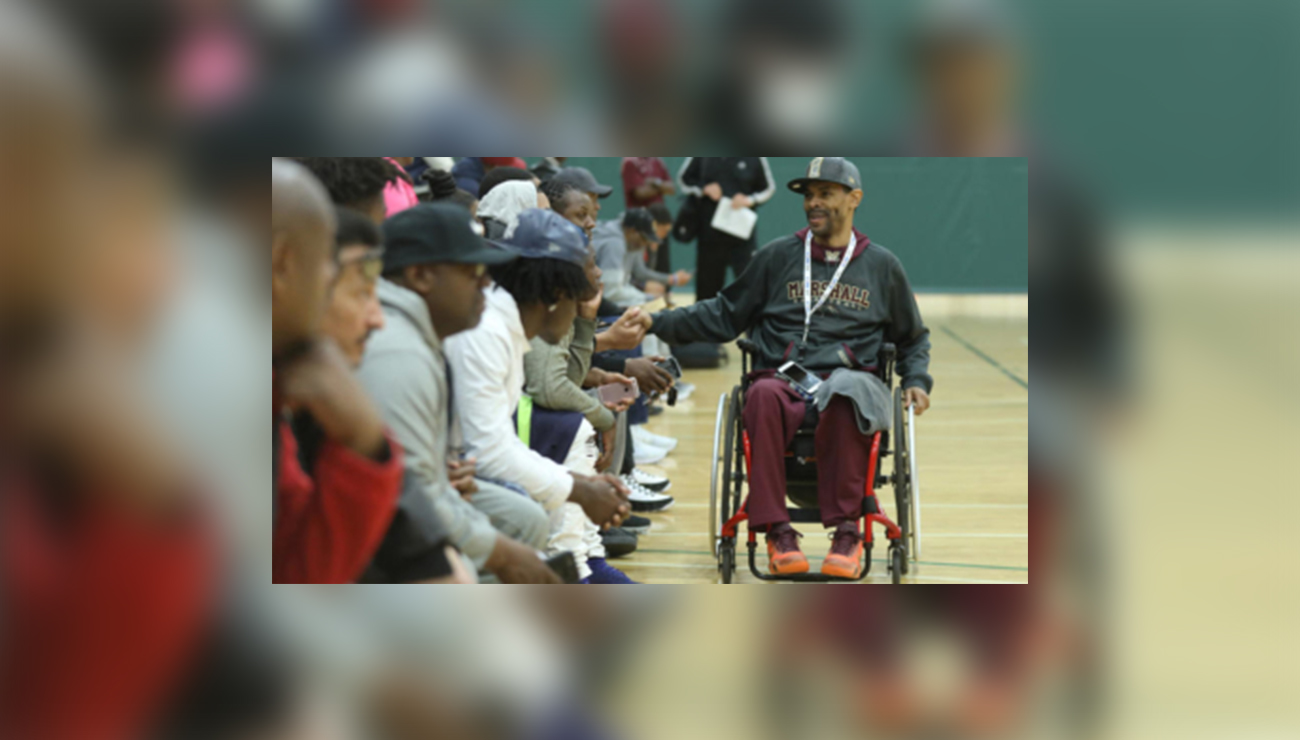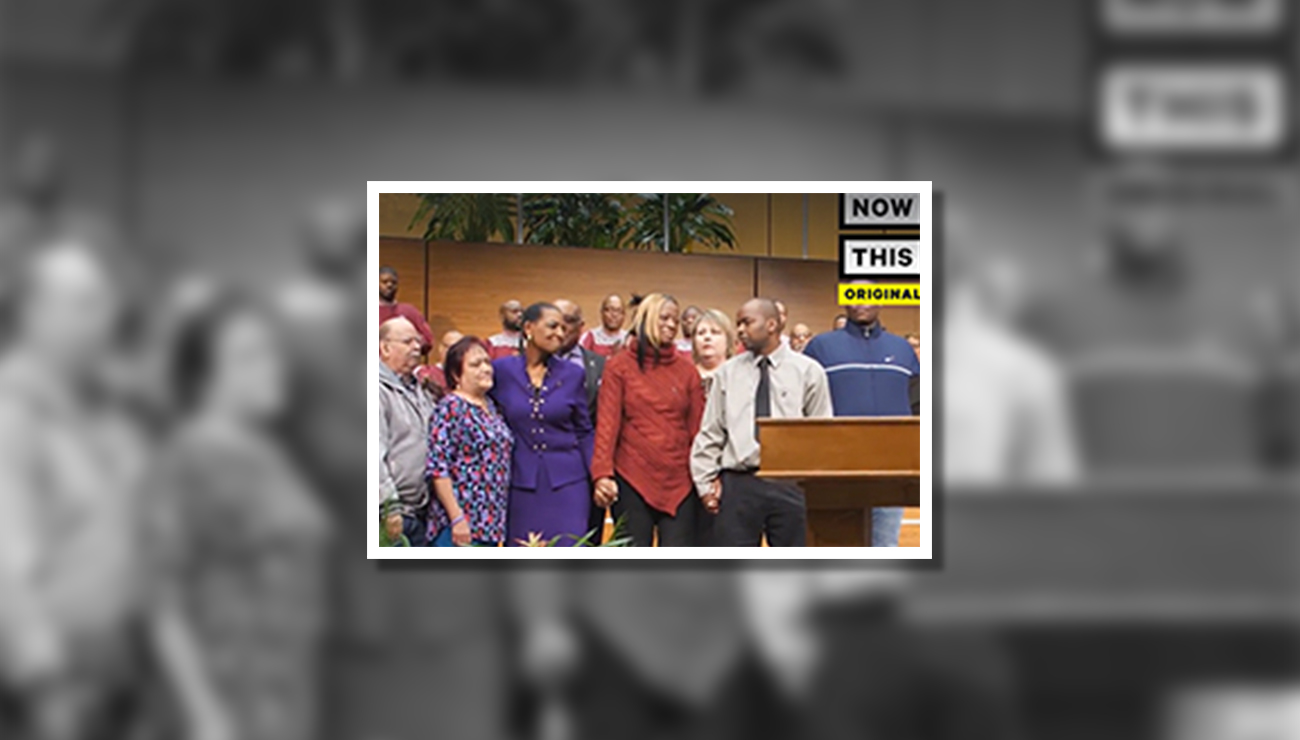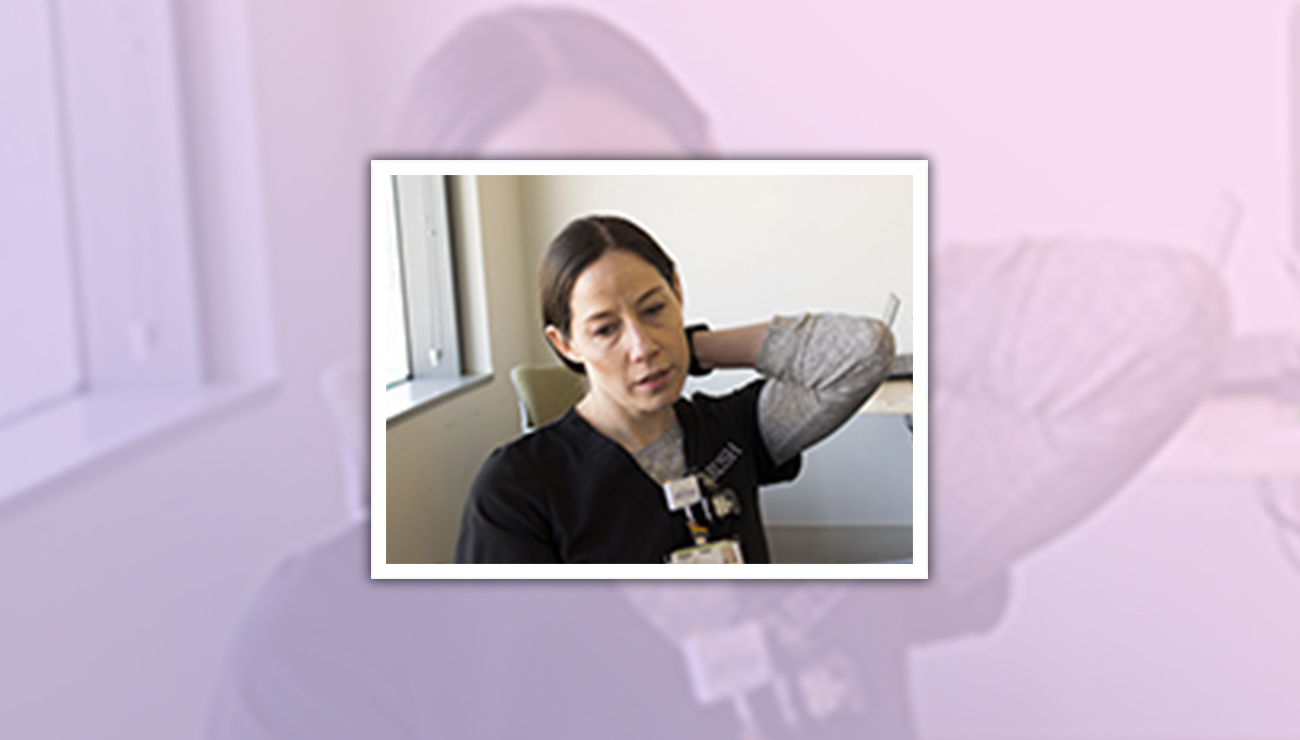Many members of the LGBTQ+ community think they may not be eligible to be organ & tissue donors.
Equality and equity are at the foundation of the donation and transplantation process and our values at Gift of Hope Organ & Tissue Donor Network.
We are committed to breaking down the myths and misconceptions about donation to empower everyone, including members of the LGBTQ+ community to make informed decisions about their health – including registering as organ & tissue donors.
Donation is an act of compassion, offering the gift of life and healing to people in need. It provides families of organ and tissue donors with something positive amid their loss, knowing their loved one saved or healed someone’s life with their gift of donation.
Age, race, sexual orientation, gender, gender identity or expression do not prevent someone from becoming a life-giving donor, or from receiving a life-saving transplant. Eligibility to donate is determined by medical professionals and specially trained medical practitioners from organ procurement organizations (OPO) at the time of the person’s death.
Current regulations:
Anyone who registers their decision to donate can potentially become a life-saving organ donor. Eligibility for donating tissue is different. Unlike organ donation which is governed by the Health Resources Services Administration through the Organ Procurement and Transplantation Network, the donation of eye and other tissue like bone and heart valves is regulated by the federal Food and Drug Administration (FDA).
Current policies of the FDA and the American Association of Tissue Banks restrict a man who has been sexually active with another man in the past five years from donating cornea and tissue. This is why Gift of Hope and other donation agencies must ask this question when discussing medical/social history with next-of-kin in evaluating eligibility to become a donor.
Gift of Hope and other OPOs are mandated to follow the FDA policy for tissue and cornea donation.
The HOPE Act:
Thanks to advances in medicine and the HIV Organ Policy Equity (HOPE) Act, HIV-positive individuals can become donors and save lives.
The HOPE Act was signed into law in 2013 and implemented in 2015. It allows for transplantation between HIV-positive organ donors and HIV-positive recipients.
As of November 2022, more than 350 life-saving organ transplants have been made possible because of the HOPE Act and the generosity of donors and donor families who Say Yes to donation.
HIV-positive organ donation increases the availability of organs for transplant – saving lives of both HIV-positive and HIV-negative people.
The need for more organ, eye and tissue donors is critical:
- More than 100,000 people in the U.S. are waiting for an organ transplant, with a new person added every 9 minutes.
- Today, that includes nearly 4,000 people in Illinois and 1,000 in Indiana waiting for life-saving transplants.
- On average, 17 people die in the U.S. each day waiting for a life-saving organ transplant.
Share love and hope.
Learn the facts about donation and how the donation process works
Register as an organ, eye and tissue donor, and share your decision with family and friends.







